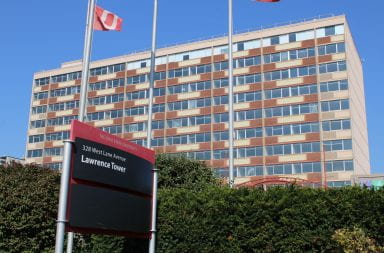A new Ohio law that took effect on Wednesday considers the drug gamma-hydroxybutyrate (GHB) to be a schedule-two controlled substance, placing GHB into the same category in state drug enforcement codes as opium, morphine and methamphetimines, but a dangerous derivative may still be available on the streets.Although the new legislation may curb the use of the drug, a close chemical relative gamma-butyrlactone (GBL), which mimics GHB, is still legally sold and possessed.GBL, which is considered a designer drug, is often mixed with strong bases like lye to produce GHB; when taken alone, GBL can still prompt similar effects, such as euphoria, hallucinations and loss of inhibition.Much of the GBL use has been centered in Panama City, Fla., a popular spring break destination for college students, according to a U.S. Drug Enforcement Agency report.”It’s basically found in commercial floor stripper, and you get people throwing up blood, going into comas. It’s terrible. It has almost replaced GHB around here,” said Capt. Jerry Metz, chief of the special investigations unit at the Bay County Sheriff’s Office in Panama City, Fla.As use of GHB and GBL spreads throughout the country, more people are becoming aware of the drug’s dangerous and sometimes tragic effects.The law’s enforcement begins less than one month after the GHB-related death of Ohio State student Joseph Upshaw.OSU is not the only university that has been touched by tragedy related to the drug.Detective Thomas Sowerby, of the Pennsylvania State University Police, has experienced a surge in student use of the two drugs around the university’s campus.”We are so rural, and it’s finally made its way here,” Sowerby said.Several overdoses have occurred around the PSU campus since Pennsylvania scheduled GHB as a controlled substance, according to Sowerby.Sowerby suspects the occurrences of GHB or GBL overdose may be more common because police are often not notified.Also, GBL overdoses or poisonings may often be mistakenly blamed on GHB, because the body metabolizes GBL into GHB, according to Sowerby.Although Pennsylvania has had a head-start on controlling GHB, Sowerby has seen little change since the law was enacted in January.”Unfortunately, the drugs and chemicals are readily available,” Sowerby said.


